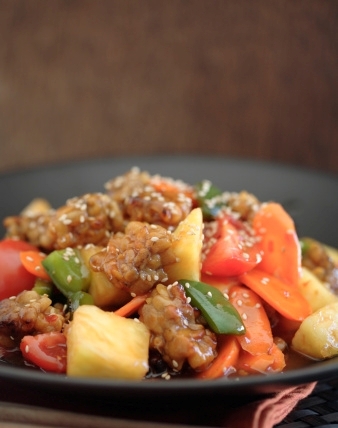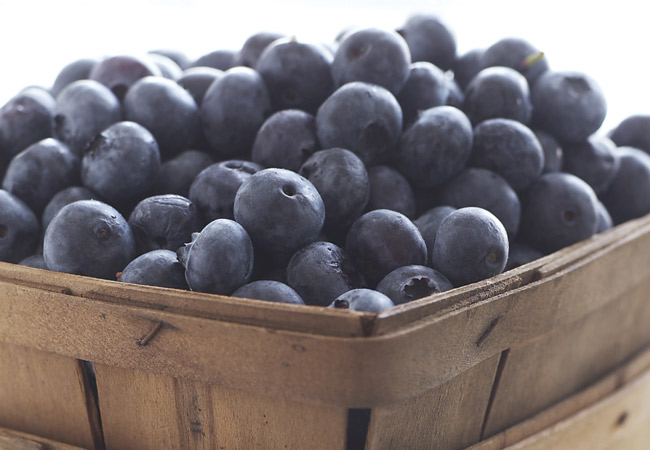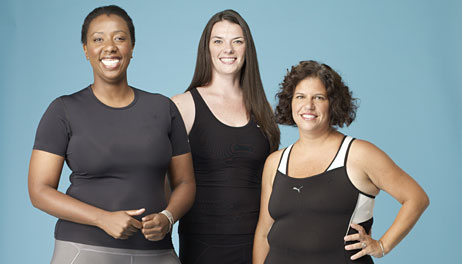Healthy Diet For Vegetarian and Vegans
Healthy Diet is one of the best things you can do to improve the way you look, and the way you feel, and possibly even how long you live. Study after study has revealed the importance of a healthy diet to good health.

Challenge for Vegetarians and Vegans
Eating a healthy diet, one that is rich in all the various minerals and vitamins needed for a healthy body, can present quite a challenge for vegetarians and vegans.
That is because maintaining a good healthy diet in the absence of one entire food group, such as meat and poultry, can be difficult. Meat and other animal products contain significant amounts of important nutrients, such as protein, calcium and B vitamins.
Vegan’s Diet
Vegan diets present an even larger problem, since vegans go a step farther and eliminate dairy products and eggs as well as meat. Vegans in particular often have trouble getting the vitamin B12 they need and often must rely on vitamin supplements for this important nutrient.
Of course that does not mean that vegetarians and vegans cannot enjoy good health. Many vegetarians and vegans can and do enjoy levels of health much better than their carnivorous peers.
It simply means that vegetarians need to pay somewhat closer attention to their healthy diet, and to be on the lookout for signs of dietary deficiencies.
Key to a Healthy Diet
The key to a healthy diet for vegetarian or vegans, as with all types of diets, is practicing moderation, eating a variety of foods, and keeping nutritional needs in balance.
Balancing the Protein Levels
One of the most frequently cited concerns by family members and friends of vegetarians and vegans is how they will get the protein they need from a healthy diet devoid of animal flesh.
However, getting sufficient protein is usually not a concern for vegetarians, since most American diets tend to contain more protein than they need.
Vegetarians who eat dairy products can get all the protein they need from dairy products, from soy based products and from beans, nuts, lentils and seeds.
Non Animal Healthy Diet Sources of Protein
There are many non-animal healthy diet sources of protein, so most vegetarians should not have a problem getting sufficient protein.
Even vegans, who eschew all animal based products, even milk and dairy products, typically do not have a problem with protein deficiency. That is because nuts, seeds, lentils, pinto beans, split peas, soybeans, garbanzo beans, black beans, white beans, kidney beans, navy beans and many more all have lots of protein.
Healthy diet for Vegans is often rich in tofu and other soy-based products, and these products contain sufficient protein to meet the needs of most vegans.
In addition, the many bean based vegan healthy diet recipes are excellent sources of protein. For instance, a cup of cooked beans contains the same amount of protein as a two ounce serving of meat.
Nutritional Deficiencies
Vegetarians
As with protein, nutritional deficiencies are generally of no more concern to vegetarians than they are to the general population. Vegetarians who follow a nutritious healthy diet should have no problem meeting their daily nutritional needs.
Vegans
Vegans on the other hand, are more susceptible than vegetarians to nutritional deficiencies, particularly vitamin B12, calcium and vitamin D. That is because the most common sources of these important nutrients are all animals based, either meat or dairy products.
Vitamins B12
Of these three nutrients, the hardest to replace on a healthy diet for a vegan is vitamin B12. The primary sources of vitamin B12 in the healthy diet are all animal based.
For this reason, vegans are generally advised to take vitamin B12 supplement, or to eat healthy diet foods that have been fortified with vitamin B12. There are a number of such health diet foods on the market, including nutritional yeast and soymilk.
Calcium
Calcium is also a concern for vegans, since the primary sources of dietary calcium are milk and other dairy products. Again, calcium fortified foods such as some soymilk and certain cereals are important to maintaining a healthy diet for vegans. The same is true of vitamin D, another primarily animal based nutrient.
The bottom line is that it is possible to maintain excellent health while avoiding meat and dairy products. The key is to follow a well healthy diet, get plenty of exercise, and make smart food choices.
-
Diet Delivery from BistroMD
Diet Delivery from BistroMD
-
Homemade Syrup That Burns Belly Fat – The Results Are Astonishing!
This syrup will certainly help you in eliminating fats and extra w
-
Diets to Lose Weight Fast
There are hundreds of diets to lose weight fast, and it is simply not
-
Eat-fasting 2.0
Eat-fasting 2.0 sanctions eating two meals within a 12-hour period. S
-
Diet Pills – A Quick Fix For Weight Loss?
Diet pills in an effort to control our w
-
Slim-Fast Diet: What To Know
Overview
- DON'T MISS
- 15 Products For Weight Loss
- Finding Out About Weight Loss Diet Programs
- Get off the Yo-Yo diet
- What Weight Loss Diet Plan Is Right For You?
- How to Activate Your Fat Burning Hormones Without Exercise
- Raw Food Diet: What To Know
- 4 Steps To a Flat Belly After 40
- How To Do Complete Body Sugar Detox, Lose Weight And Improve Your Health
- 3 Fresh Ways to Control Cravings
- Best Foods to Eat to Lose Weight




